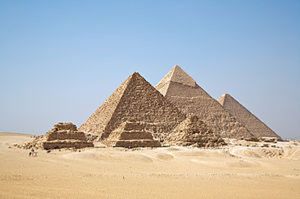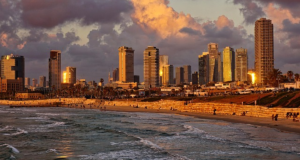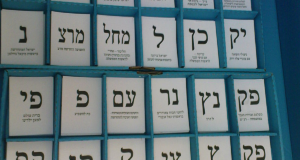“Not having to lay out money for the food, drink, and cleanup that tourists are paying for could give a serious boost to the entire sector.”
 Sharm al-Sheikh, December 10 – Since a bomb destroyed a Russian passenger jet over the Sinai Peninsula at the end of October, foreign travel to Egypt has all but dried up, leaving the country’s tourism industry to pursue a new model of encouraging would-be visitors to just send money instead.
Sharm al-Sheikh, December 10 – Since a bomb destroyed a Russian passenger jet over the Sinai Peninsula at the end of October, foreign travel to Egypt has all but dried up, leaving the country’s tourism industry to pursue a new model of encouraging would-be visitors to just send money instead.
Terrorism has plagued Egypt for decades, often resulting in dry spells for tourism there, but the more recent conflict with Islamic-State-allied guerrillas in the Sinai has had a more appreciable impact, officials say. To keep the economy moving, they say, it will be necessary to develop alternatives to bringing tourists and their money where they fear falling prey to the violence. To that end, they explain, Egypt will soon launch an initiative to invite those who were considering a trip to instead save themselves the hassle of international travel and simply forward the money they would have spent.
Ministry of Tourism Jassend Mani said the program addresses two overlapping needs. “Aside from supporting the country’s vital tourism industry, it strikes a blow against the Islamic State group by showing them their efforts to hurt the Egyptian economy are futile,” he explained. “What’s more, this new model can be replicated across other sectors of the economy. We just discovered enormous natural gas reserves off the coast, but it will take billions to lay a pipeline, drill, and deliver the gas. It would be far more efficient if our potential customers would simply wire us the hundreds of billions of dollars we anticipate, and allow us to avoid the trouble – not to mention the potential environmental damage – that the infrastructure would cost.”
Another advantage of the just-send-money tourism program is the savings in wear-and-tear on tourism facilities. “Each night spent in a hotel room of course brings in revenue, but that must be offset by the cost of laundering and replacing the bed linens and towels, and keeping the place clean,” added Mani. “If you add up all the rooms in use at a time, that comes to a serious set of expenses in electricity, water, detergents, and replacement materials. If tourists just send money – most places will accept payment via PayPal, by the way – our establishments can save on those costs, and maybe even pass some of that along to the workers.”
“Not to mention restaurants,” he continued. “Not having to lay out money for the food, drink, and cleanup that tourists are paying for could give a serious boost to the entire sector.”
As to whether Egypt might provide some virtual tours or other token to help would-be tourists experience something of Egypt, Mani said he would be happy to forward links to various Wikipedia articles in case anyone is interested.




